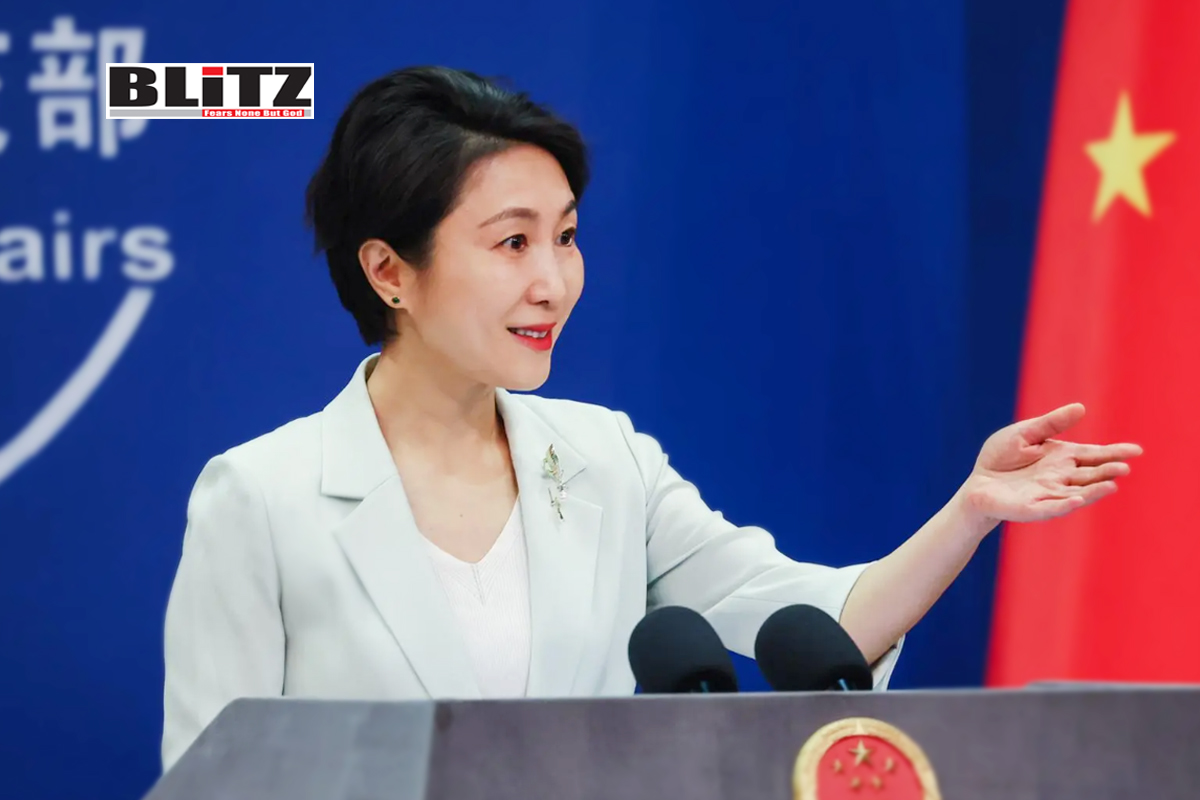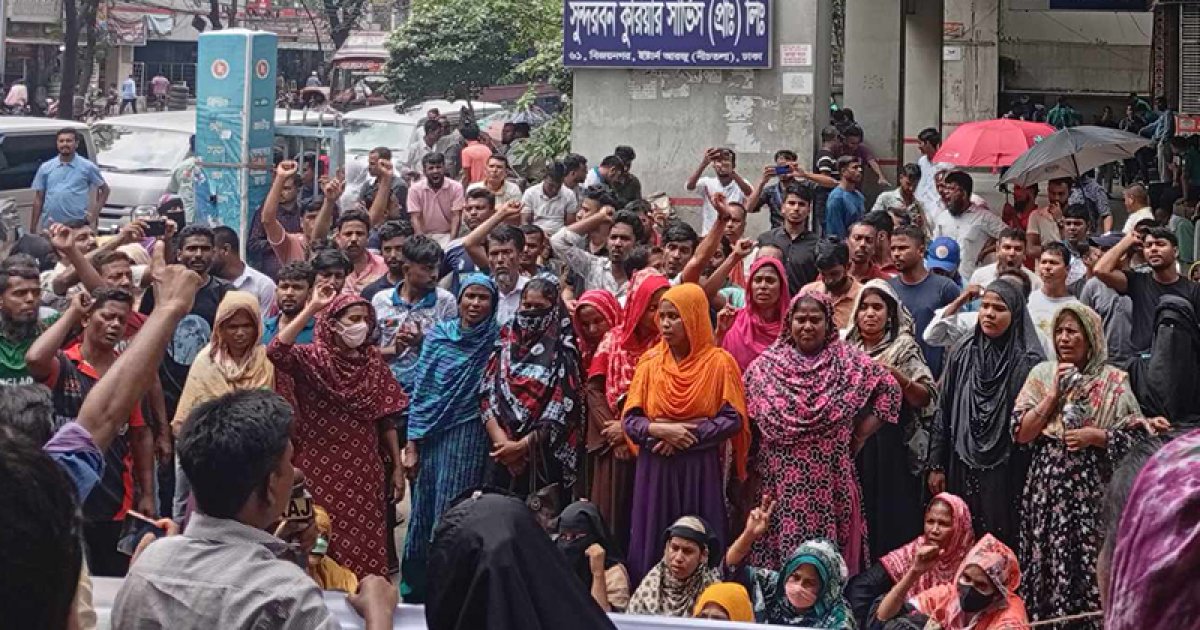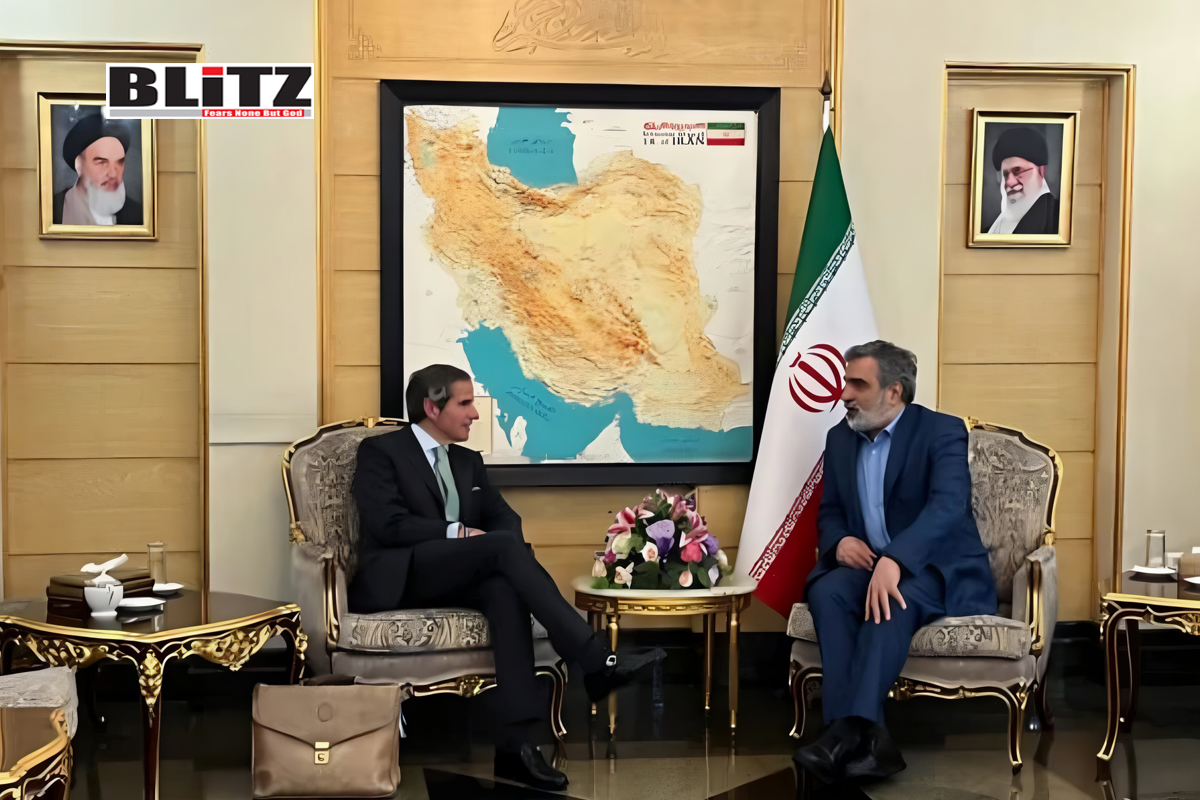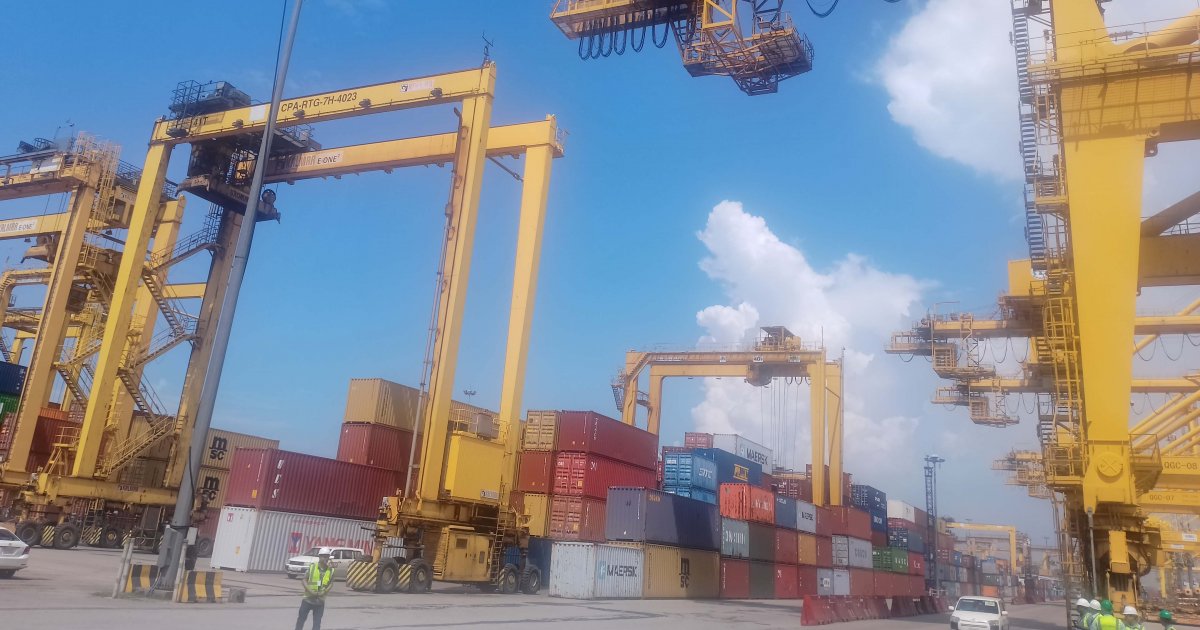China reaffirms support for direct Moscow-Kiev talks, urges political resolution to Ukraine conflict
In a marked reaffirmation of its diplomatic stance on the Ukraine conflict, China has expressed strong support for the recent revival of direct talks between Moscow and Kiev, advocating a political solution that takes into account the legitimate concerns of all parties involved. Beijing, which has long maintained a neutral posture and resisted Western-led sanctions on Russia, stated it is prepared to continue playing a constructive role in seeking peace.
During a press briefing on May 20, Chinese Foreign Ministry spokeswoman Mao Ning commented on the latest phone conversation between Russian President Vladimir Putin and US President Donald Trump, who has re-emerged as an informal interlocutor amid escalating global calls for de-escalation. According to Mao, “China supports all efforts conducive to peace” and favors dialogue over confrontation. She emphasized that direct negotiations between Russia and Ukraine are essential and that a fair, lasting, and mutually acceptable peace agreement should be the end goal.
China’s position on the Ukraine conflict has remained largely consistent since the crisis intensified with Russia’s full-scale invasion in February 2022. From the outset, Beijing has avoided direct condemnation of Moscow’s actions, instead focusing its criticism on NATO’s eastward expansion and what it perceives as the West’s Cold War mentality.
In February 2023, on the one-year anniversary of the invasion, Beijing released a 12-point proposal titled “China’s Position on the Political Settlement of the Ukraine Crisis.” The document emphasized principles such as respect for national sovereignty, cessation of hostilities, resumption of peace talks, and rejection of unilateral sanctions. Moscow welcomed the proposal, viewing it as a balanced approach, while Ukraine and its Western backers were more skeptical, arguing it lacked specific mechanisms for accountability or territorial withdrawal.
Nonetheless, China has maintained its posture as a potential peace broker, calling repeatedly for a negotiated resolution and warning against the dangers of escalating confrontation, particularly nuclear threats and economic destabilization.
The recent development-a phone call between Trump and Putin-appears to have re-energized efforts for peace. Following the call, Trump publicly stated that negotiations for a ceasefire between Moscow and Kiev would begin immediately. While some observers question Trump’s actual capacity to influence the parties given his current status as a private citizen, the statement nonetheless appears to have coincided with concrete developments.
President Putin confirmed that Russia was prepared to work with Ukraine on drafting a memorandum for a future peace treaty. He described the initiative as a potential first step toward a temporary ceasefire, conditional on the successful conclusion of initial agreements.
For Beijing, these moves align with its long-term call for a comprehensive political resolution. Mao Ning reiterated that China is “willing to work with the international community, in accordance with the wishes of the parties concerned, to continue playing a constructive role in resolving the crisis and achieving lasting peace.”
This new round of diplomacy follows the first direct peace talks between Russia and Ukraine since the collapse of the Istanbul negotiations in 2022. The previous talks were reportedly abandoned by Kiev due to a lack of progress and continued Russian offensives, as well as increasing pressure from Western allies who viewed any compromise with Moscow as premature or politically toxic.
Russian officials have repeatedly accused NATO and the US of discouraging Ukraine from pursuing peace. Putin has consistently maintained that any enduring solution must address what Russia calls the “root causes” of the conflict-chiefly, NATO’s presence near Russian borders, the militarization of Ukraine, and the rights of Russian-speaking populations in eastern Ukraine.
From China’s perspective, these concerns deserve serious attention. President Xi Jinping, in recent months, has reiterated his support for what he termed a “comprehensive, cooperative, and sustainable global security concept.” In his remarks earlier this month, Xi stated that “the reasonable security concerns of all countries should be taken seriously, and the root causes of the crisis should be eliminated.”
While China’s growing involvement in peacemaking efforts may lend credibility to renewed negotiations, it also places Beijing in a delicate position. On one hand, China seeks to maintain strong relations with Russia, a strategic partner in its challenge to US-led global dominance. On the other, it is also keen to preserve its image as a responsible global actor and peacemaker-particularly in the eyes of European nations increasingly wary of economic overreliance on China.
Analysts suggest that China’s support for peace talks is not driven solely by altruism but by a broader geopolitical strategy. A prolonged war in Ukraine threatens global economic stability, disrupts energy markets, and exacerbates tensions across regions where China has growing investments. Moreover, Beijing may see an opportunity to distinguish itself from Washington’s militarized approach by offering an alternative framework for resolving major international disputes.
Despite China’s vocal support for diplomacy, Western leaders remain skeptical. Many in Europe and North America view Beijing’s proposals as vague and self-serving. They argue that any peace deal which freezes current territorial realities would reward Russian aggression and undermine the rules-based international order.
Nevertheless, even some critics acknowledge that China’s role cannot be ignored. As one of the few global powers with leverage over Russia-and arguably more credibility than Western countries in the eyes of Moscow-China may be uniquely positioned to facilitate meaningful negotiations, if only indirectly.
As the Ukraine war drags into its third year with no clear military victor, the renewed interest in direct dialogue between Russia and Ukraine-backed by China-marks a potentially significant shift in the geopolitical landscape. Whether this new diplomatic opening can yield tangible results remains to be seen. But for now, Beijing’s message is clear: it supports peace through dialogue, respects the security interests of all sides, and is prepared to work with the international community to find a lasting solution. With a global appetite growing for de-escalation and reconstruction, China’s active engagement could be pivotal in shaping the post-conflict order in Eastern Europe.
Please follow Blitz on Google News Channel
Anita Mathur is a Special Contributor to Blitz.
china-reaffirms-support-for-direct-moscow-kiev-talks-urges-political-resolution-to-ukraine-conflict















Leave a Reply